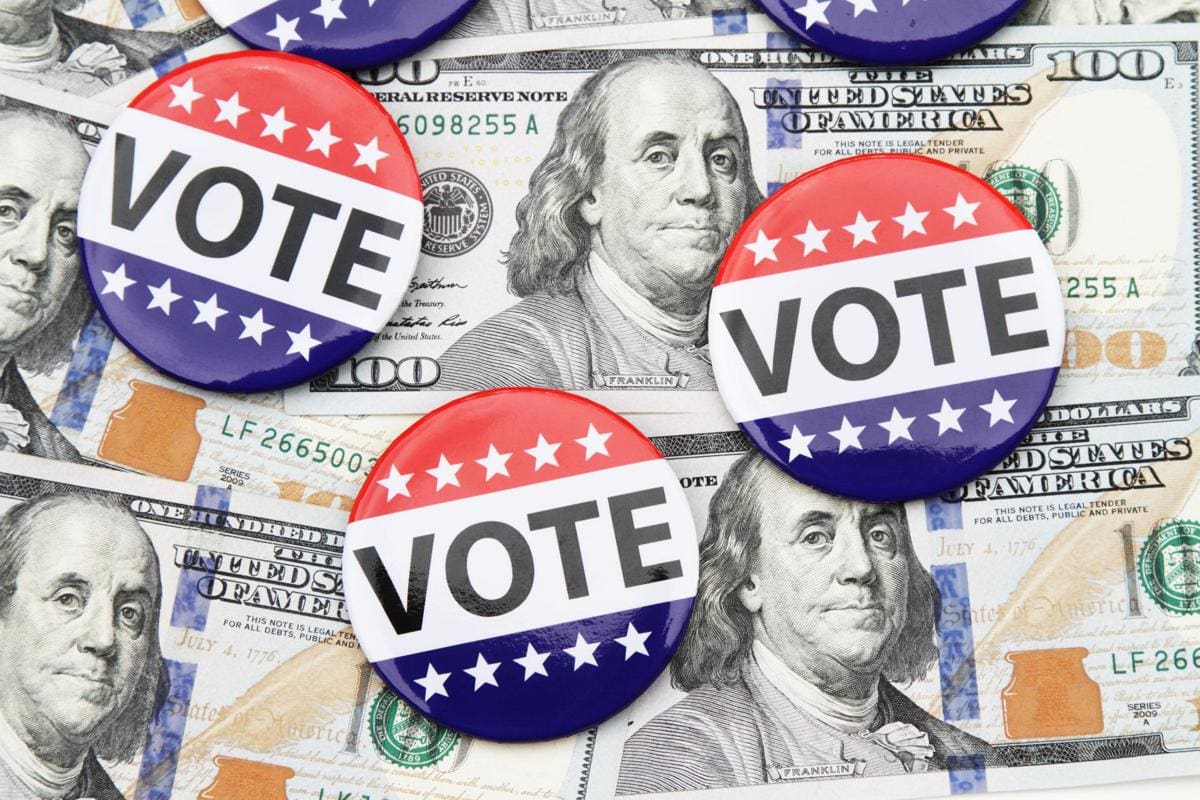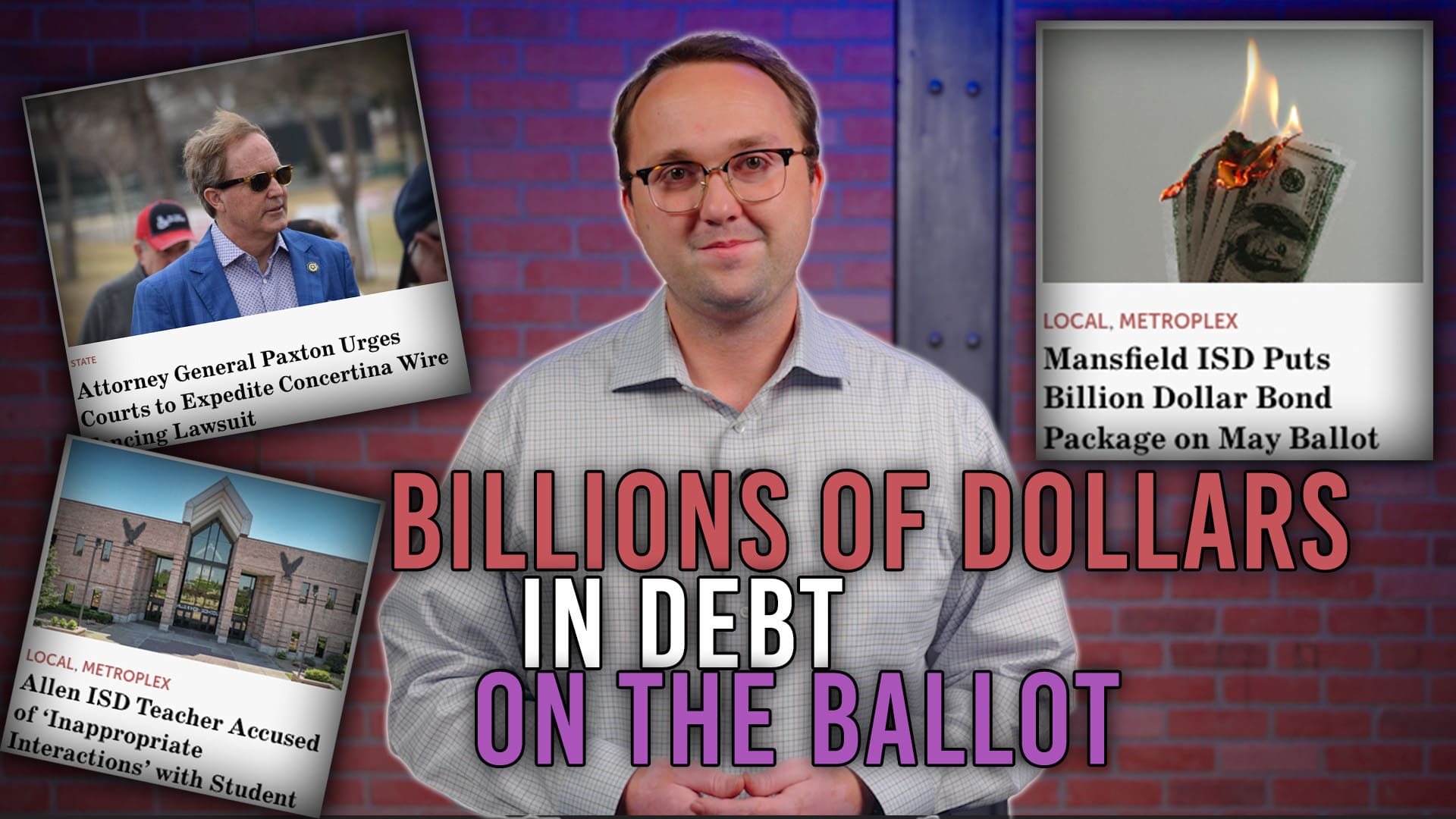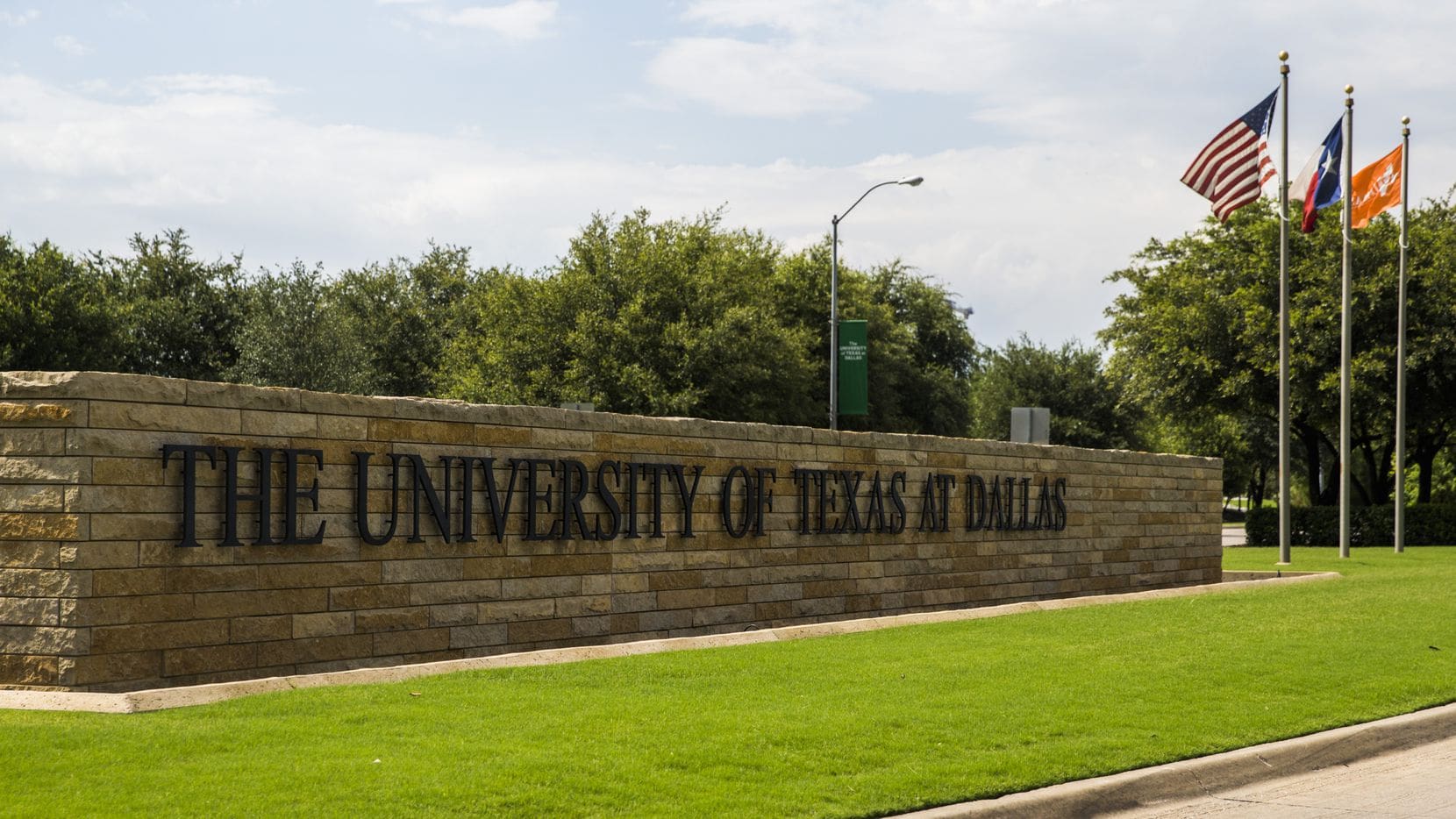Last legislative session, State Senator Robert Duncan proposed a state constitutional amendment to create a statewide property tax for public education. This idea has been proposed as a “fair” solution to the current property tax system, and seems to sit better with those for whom “income tax” causes visions of electoral destruction. Make no mistake, however – a statewide property tax would be every bit as inequitable and dangerous as the local property tax system.
Many Texans fail to realize that at one time, Texas had a constitutional statewide property tax. The statewide property tax was a 10 cent tax per $100 valuation, used to bring in revenue for capital improvement projects for Texas public universities. In 1978, State Representative Wayne Peveto filed suit to prove the state property tax is unconstitutional on ground that valuations, assessment, and collection methods vary widely among the 254 counties in Texas. The inequities in the appraisal process around the state make the tax inequitable, even though the tax rate was set by law. In the 1970s, the inequities present in the statewide property tax were enough to force the legislature to repeal the tax or risk the tax being ruled unconstitutional, even at a low, flat tax rate.
Several years and many laws later, the appraisal system is still a quagmire of inequity. Each year a value comes out of the magical black box, but the property owner seldom knows the means by which the value was developed. In years when the market is distressed, homes are not selling, and foreclosures are up, appraisals may somehow increase above and beyond the common selling price of the house in one county but may remain flat in neighboring counties.
Even with the improvements made to the appraisal system and adding options for homeowners to easily challenge their appraised values, there are still many more differences between county appraisal offices instead of similarities between them. The Comptroller’s Methods and Assistance Program (MAP) shows that many counties have improvements to make to their appraisal offices.
Every inequity that is currently in the property tax system will be expanded if a statewide property tax is reinstated through a constitutional amendment. Fortunately, the State Legislature had the presence of mind to repeal the constitutional amendment that had previously authorized a statewide property tax in 1982 and the Texas voters overwhelmingly approved it. The current legislature should take note of the wisdom of their predecessors 30 years ago and realize that a statewide property tax for public education will not fix the school finance system, it will only lead to further constitutional property tax challenges.
Despite all this, Senator Duncan and a handful of others continue to advocate for a statewide property tax to pay for public education. As the House Ways and Means committee meets today to discuss, in part, alternative tax systems for the state, we need to make sure we’ve learned the lessons of the past before attempting to move forward.



